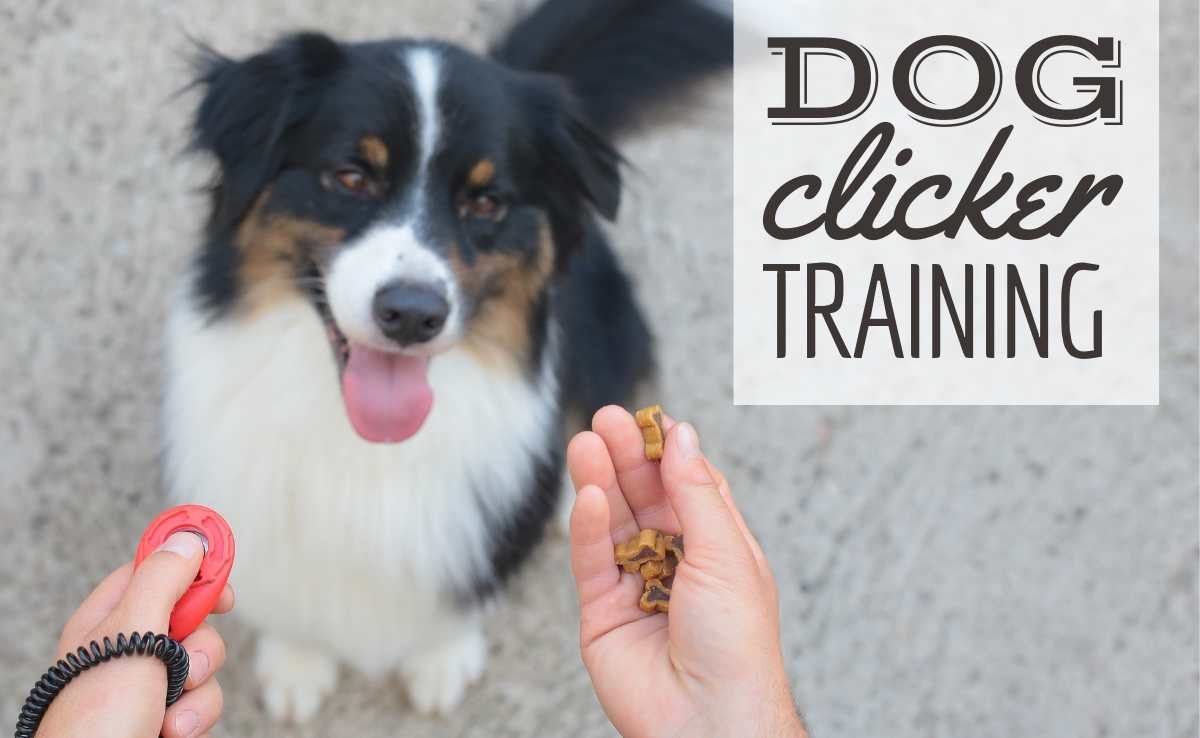
Dogs suffering from anxiety should be treated with medical and behavioral treatment. Talk to your veterinarian if your dog exhibits any of these symptoms. Anxiety can be a sign of a more serious medical condition. To determine the exact cause, consult a veterinarian. In some cases, a vet can also rule out other conditions. You may need to give your dog special medication or treatment if your dog has any of these symptoms.
Medications can be an effective treatment for dogs with anxiety. The severity of the symptoms and the length of treatment will affect the time required. The treatment usually lasts four to six month in most cases. Prescription medication is not recommended for all pets and should only be used as an option if other options have failed. Hospitalization may be necessary in severe cases. While medications are often not appropriate for every dog, they can improve quality of life for truly anxious pets.

An aging dog might be experiencing anxiety due to a trigger. It is important to find the trigger and to expose your dog to it often. If your dog seems afraid of leaving the house, go outside and hold your keys for a couple minutes. This can be repeated several times per day. Your dog will learn a healthy fear-response behavior by increasing exposure frequency and duration.
Dogs can become oversensitive to situations in some cases and may need to be soothed. You may need to seek treatment if you see these signs in your pet. Anxiety in dogs does not go away on its own. It can be treated, although it will only get worse. So what are your options when it comes to anxiety treatment? There are many effective treatments for anxiety in dogs. The first step in treating anxiety in dogs is to determine its exact cause.
Your veterinarian is the best person to help you if your dog suffers from anxiety. Your vet will be able to identify the type and cause of your dog’s anxiety. If the anxiety is situational and not overwhelming, your vet can suggest a treatment plan. If you notice that your dog has excessive amounts of anxiety, consult a veterinarian as early as possible to avoid these symptoms. It is vital to take your dog to the vet as soon possible. You should consider medication if your dog is suffering from high levels of anxiety.

It is a good idea to consider medication for anxiety in dogs. This medication can help your dog manage anxiety. There are many medications available in capsule, liquid and tablet forms. In addition to medications, you can try behavioral therapies for your dog. These methods may help your dog overcome its anxiety. Treatment for anxiety in dogs takes time and is not something that can be done quickly. It is important that you work with your pet for a long time in order to alleviate its anxiety.
FAQ
How long should a dog stay indoors?
Dogs are naturally curious. They need to have an outlet for this curiosity. They can become destructive if they don't have an outlet. This can lead to many problems, including the destruction of property and injury to people.
Outside, it is important to keep your dog on a leash. They can explore their surroundings safely while being kept in check.
He will be bored and uninterested if you keep him indoors all day. He will start chewing furniture and other items. He will have too many nails and could end up with health problems.
These negative consequences can be avoided by allowing your dog to run free at all times. Take him out for a walk, take him for a drive in the car, and/or to the park.
This will make him feel more energetic and provide him with something to do.
Which size are cats and dogs easier to train?
Both. It all depends on how you train them.
They will learn quicker if you reward them for following the instructions. However, if you ignore them and don't listen to them, they'll begin to ignore you.
There is no right answer. It is up to you to find the best way for your dog or cat to learn.
Do I choose a puppy or kitten?
It really depends on who you are. Some people prefer kittens to puppies.
In general, however, puppies are more active and playful. Kittens often sleep a lot and can be very gentle.
Both types of animals need lots of attention from their parents. They will grow up quickly and need a lot of care.
They will also require regular medical checkups. Also, they will require regular medical checkups so you'll have to spend time taking them to see the vet.
Statistics
- A 5% affiliation discount may apply to individuals who belong to select military, law enforcement, and service animal training organizations that have a relationship with Nationwide. (usnews.com)
- Here's a sobering reality: when you add up vaccinations, health exams, heartworm medications, litter, collars and leashes, food, and grooming, you can expect a bill of at least $1,000 a year, according to SSPCA. (bustle.com)
- Monthly costs are for a one-year-old female mixed-breed dog and an under one-year-old male domestic shorthair cat, respectively, in excellent health residing in Texas, with a $500 annual deductible, $5,000 annual benefit limit, and 90% reimbursement rate. (usnews.com)
- In fact, according to ASPCA, first-year expenses can sum up to nearly $2,000. (petplay.com)
- Reimbursement rates vary by insurer, but common rates range from 60% to 100% of your veterinary bill. (usnews.com)
External Links
How To
How to train a pet cat
You need to first learn about the type of cat you want to train. Cats have complex brains. Cats are intelligent, emotional creatures. Your cat's personality is an important aspect of your cat's behavior. You need to be able to manage your cat properly.
It is important for cats to be independent. They don't like being told "no." If you tell your cat "no", they might get mad at you. You should not hit your cat if he/she does wrong. You can love your cat, but not as a human being.
You can help your cat if you believe they are having problems. Talk to your cat calmly, and be gentle. Do not yell at him/her. Remember that yelling makes him/her feel bad. Also, you cannot force your cat to eat. Sometimes your cat may refuse to eat. If this happens, it is time to give treats. Don't give them too many treats, as this could cause overeating.
Your cat should be kept clean at all times. Each day you should thoroughly clean your cat. To remove dirt and dust, use a damp cloth. Verify that your cat does not have fleas. Flea bites can cause irritation to the skin and allergies. Flea bites can cause skin irritation and even allergies. To get rid of them, you will need a shampoo that is specifically designed for fleas.
Cats are social animals. Cats enjoy being with other people. It is important that you spend quality time with your pet cat. You can play with your cat, give him/her food, cuddle and brush him/her. These activities will make your cat happy.
It is important to start training your cat early if you want to be successful. Begin training your kitten at two weeks of age. Three months is the best time to start training your cat. Your cat will be fully grown at this age and ready to learn new skills.
Your cat should be taught tricks step-by-step. To teach your cat how to sit down, first show the chair. You should then say "sit" to your cat and reward it/her with a treat. Repeat these steps until your cat understands what you mean.
Remember that cats can be very intelligent. Cats can quickly figure out how they should perform tasks. They do require patience and perseverance. It is unrealistic to expect your cat can master a task immediately. Give your cat plenty of practice before giving up.
Remember that cats can be wild animals. They are playful and naturally curious. Your cat might knock things over if he/she is allowed to run free. It is important to keep your cat safe and away from other animals.